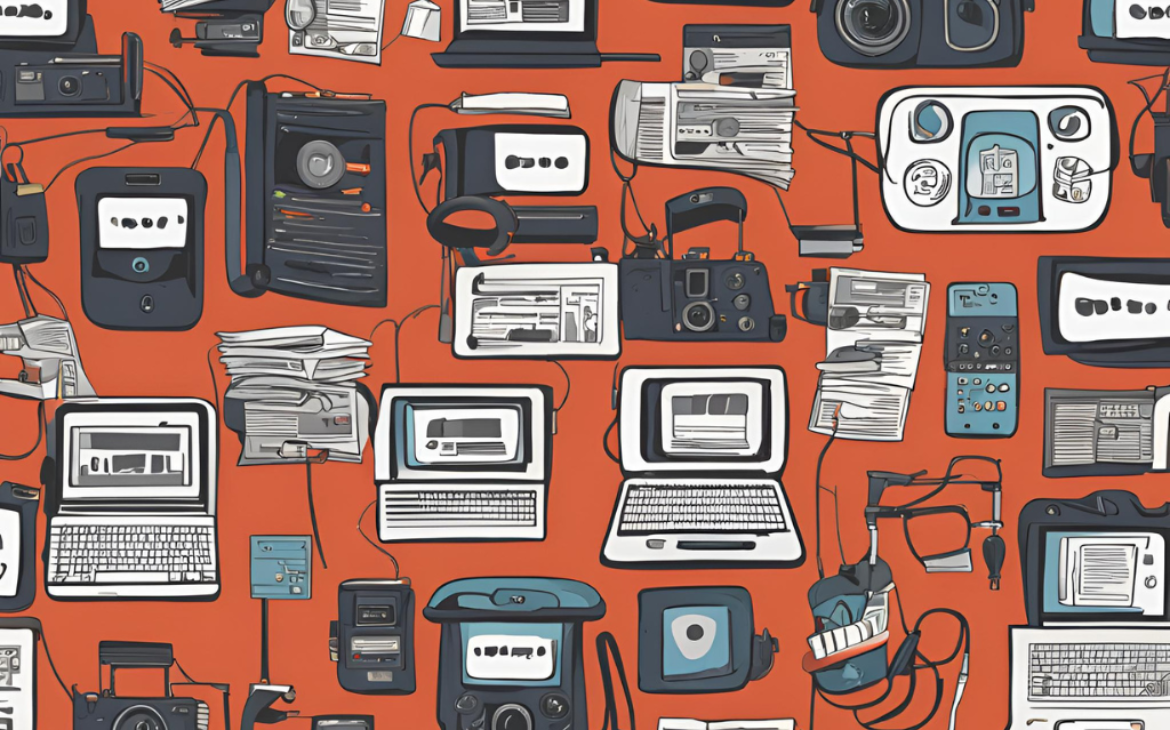The modern era is characterized by the rapid exchange of information and content, facilitated interpersonal communication and interaction through new creations of the digital age, and the development of a new media culture. This new media culture refers to a new form of news and information in digital form, the copy-paste production of news, sensationalism, and numerous easily accessible pieces of information. In a world of information overload, it becomes increasingly difficult to distinguish between truthful facts and misleading content, as well as to navigate the new digital space. Various manipulative and deceptive content is spreading more frequently across the internet. Given this, it is extremely important to continuously work on and improve media and information literacy skills.
Information literacy refers to the skills of searching for, evaluating, and using information critically, allowing individuals to navigate the vast amount of available information and data more easily, especially in the digital online world. Information literacy also simplifies the process of finding relevant news and data for individuals. Media literacy involves developing technical skills, content creation, and critical thinking abilities, enabling the development of habits and skills for analyzing and verifying media content.
In 2022, the European Commission published the “Guidelines for Teachers and Educators on Tackling Disinformation and Promoting Digital Literacy through Education and Training” as part of the Digital Education Action Plan. The goal is to promote media and digital literacy and to identify truthful versus false and manipulative content, as well as to combat disinformation, with a focus on children and youth in educational institutions.
Individuals who continuously improve and refine their information and media literacy skills possess excellent competencies for navigating the media and online worlds, which are oversaturated with different forms and content. Additionally, the skills instilled by information and media literacy ensure resilience to disinformation and fake news.
The rapid development of technology brings about various changes in the field of media, news, information, and fact-checking. Therefore, it is necessary to improve and invest in further education to better understand a world where truthful information is key.
Test your knowledge of media and information literacy here:
The goal of this quiz is to help platform users learn about media and information literacy.
This quiz was developed as part of the project “Improving the Culture of Fact-Checking,” carried out by HUOJ in collaboration with media experts from Lider Media and the Faculty of Economics at the University of Zagreb, with financial support from the European Union – NextGenerationEU.

